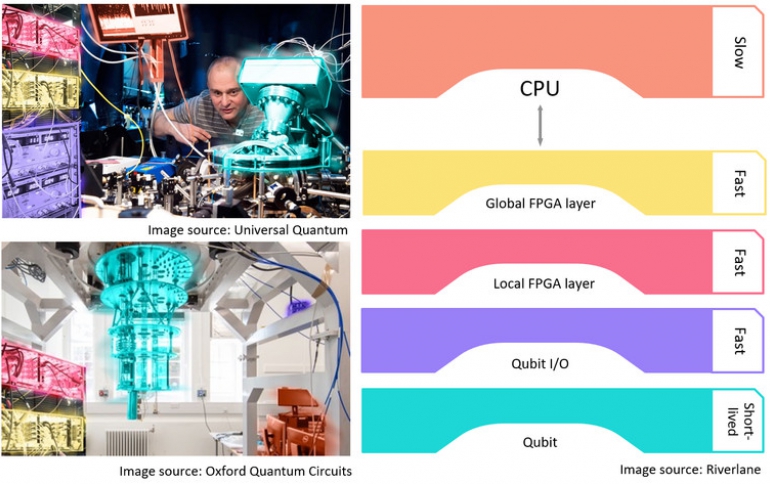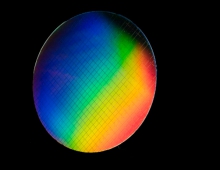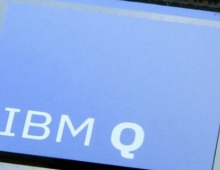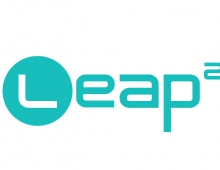
UK Companies to Build Operating System for Quantum Computers
A consortium led by Cambridge-based quantum computing software developer Riverlane has been awarded a £7.6M grant from the UK's government's Industrial Challenge Strategy Fund to deploy a quantum operating system.
The project will try to deliver an operating system that allows the same quantum software to run on different types of quantum computing hardware. By working together, the quantum operating system, Deltaflow.OS, will be installed on every quantum computer in the UK accelerating the commercialisation of the UK’s quantum computing sector.
Joining the Riverlane led consortium are the UK’s most exciting quantum hardware companies, SeeQC, Hitachi Europe, Universal Quantum, Duality Quantum Photonics, Oxford Ionics, and Oxford Quantum Circuits, along with UK-based chip designer, ARM, and the National Physical Laboratory.
Dr Steve Brierley, CEO of Riverlane, said: "We are delighted to have been awarded this grant to build and install the quantum operating system Deltaflow.OS on all leading hardware platforms in the UK. Together with consortium partners, we have a unique opportunity to accelerate the commercialisation of the UK quantum technology sector and overtake global competitors in this space.”
In the very same way that regular computers need an operating system, quantum computers need one too. However, there is no quantum version of Windows, iOS or Linux. Without an operating system, computers would be much less useful. By automating the scheduling of tasks and allocation of resources, such as memory and disk space, operating systems simplify the use of computers so everyone can benefit from them.
In theory, Quantum computers will outperform conventional computers at specific tasks, such as predicting the properties of a new medicine or vaccine. To get the best performance out of quantum computers, elements of conventional computers and quantum computers have to be integrated tightly, which makes it difficult to design an operating system.
Deltaflow.OS is the first of its kind. The OS exposes the different elements of the full quantum computing stack. This gives users the power to schedule tasks in an optimal way, improving the performance of quantum computers by orders of magnitude compared to other leading approaches. Once the hardware and software are tightly integrated, the performance is expected to improve even further.
Riverlane, experts in quantum software, will lead on the development of a dataflow framework, a runtime and powerful quantum applications. Leading hardware companies - SeeQC, Oxford Quantum Circuits, Hitachi Europe, Universal Quantum, Oxford Ionics and Duality Quantum Photonics – will evolve their technology and develop firmware for their quantum processors that will later interface with Deltaflow.OS. Experts in chip design ARM will develop specific control systems emulators.
A prerequisite for delivering a portable yet hardware-aware system is a standardised hardware abstraction layer. The National Physical Laboratory will coordinate the definition of this standardised interface based on its expertise in developing technical standards for breakthrough technology and will hence play a vital role in delivering the project.





















